Stephanas | A Figure in Early Christianity
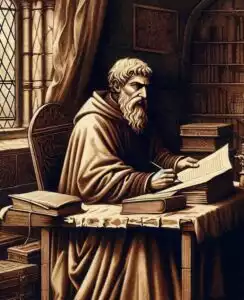
Stephanas, a notable member of the early Christian community in Corinth, is a figure prominently mentioned in the New Testament, specifically in the letters of Paul. Details about his exact date of birth and death remain uncertain, as is often the case with early Christian figures. However, his contributions to the growth of the Christian […]
Stephen IV, Pope | Influence on Frankish Kingdom
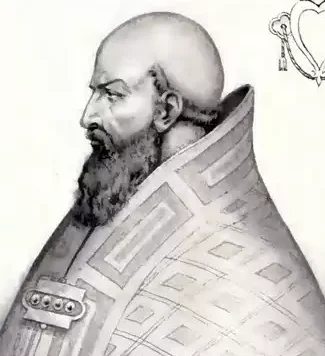
Pope Stephen IV, born in 770 and departing in 817, served as the Bishop of Rome and thus the head of the Catholic Church. His papacy, commencing in 816 and concluding with his demise in 817, was notably brief but impactful, particularly due to his significant interactions with the Frankish kingdom. This pivotal period in […]
Catechism in Christian Churches | A Comprehensive Overview
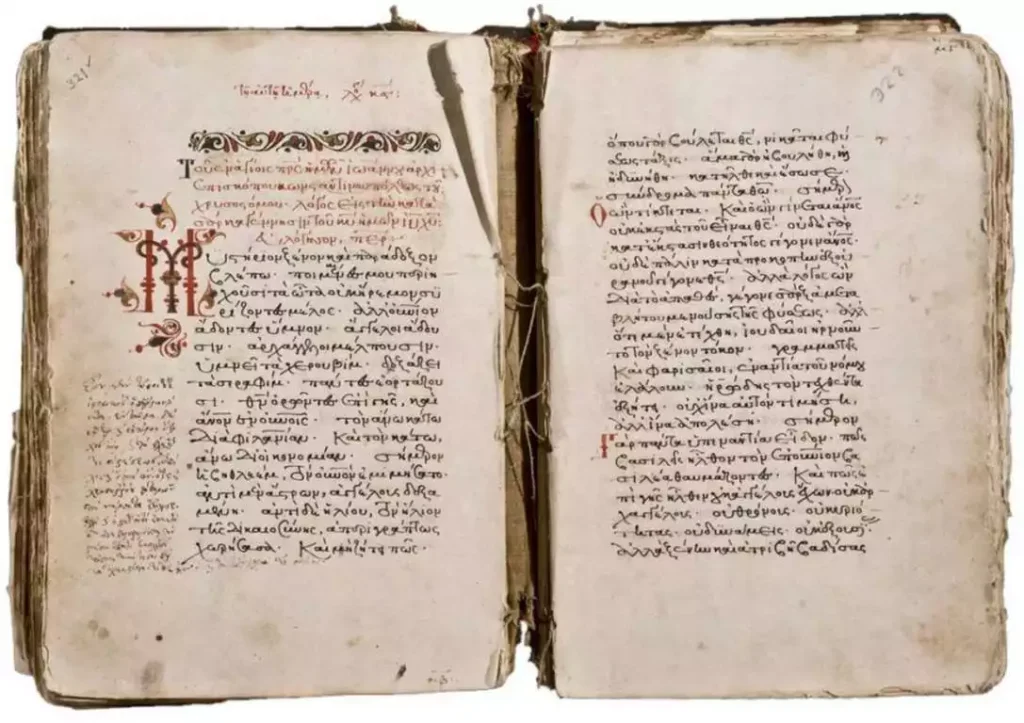
Catechism, a term deeply ingrained in Christian tradition, originates from the Greek word ‘katecheo’ meaning ‘to teach orally.’ This practice, pivotal in Christian religious education, dates back to the early Church. It served as a structured method of imparting Christian doctrines, primarily to prepare catechumens (new converts) for baptism. The use of catechisms became more […]
Severus of Antioch | Theological Influence and Legacy
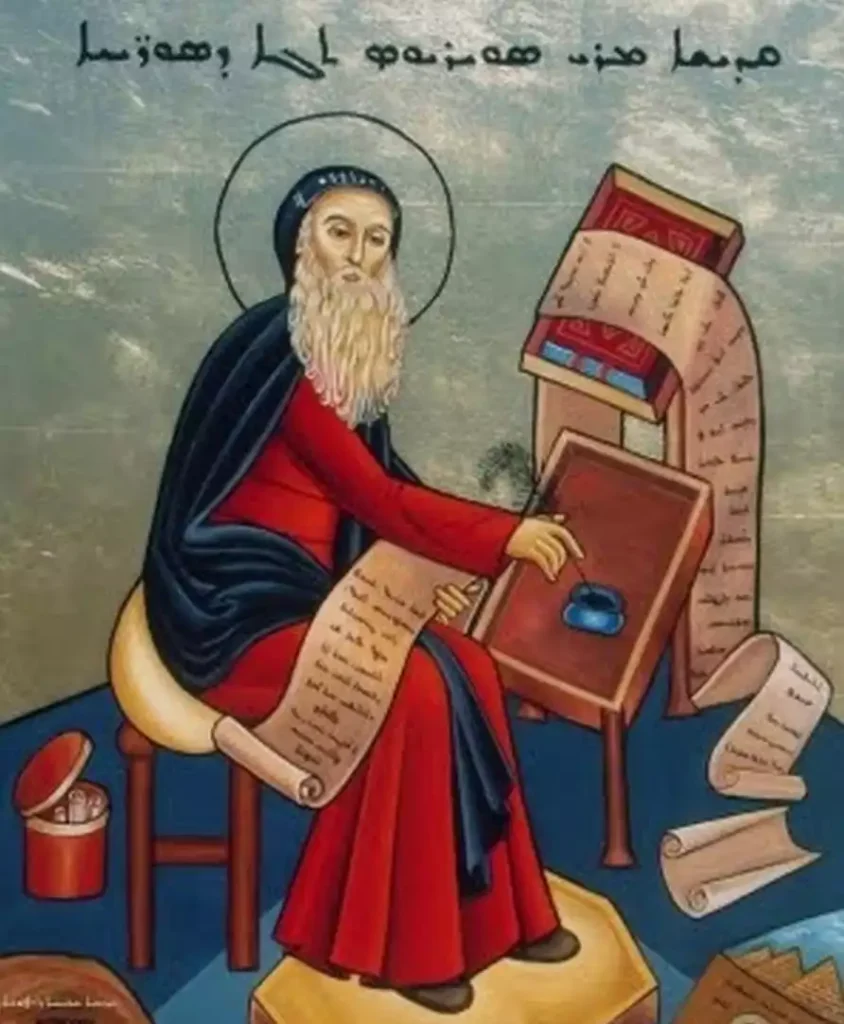
Severus of Antioch, born in approximately 465 and passing in 538, stands as a towering figure in the history of Christian theology and the Oriental Orthodox tradition. His impact resonates through the centuries, leaving an indelible mark on ecclesiastical debates and doctrinal developments. Renowned for his erudition and eloquent oratory, Severus’ contributions to Christological discussions […]
Ambrose of Milan, Saint | Influential Early Christian Bishop
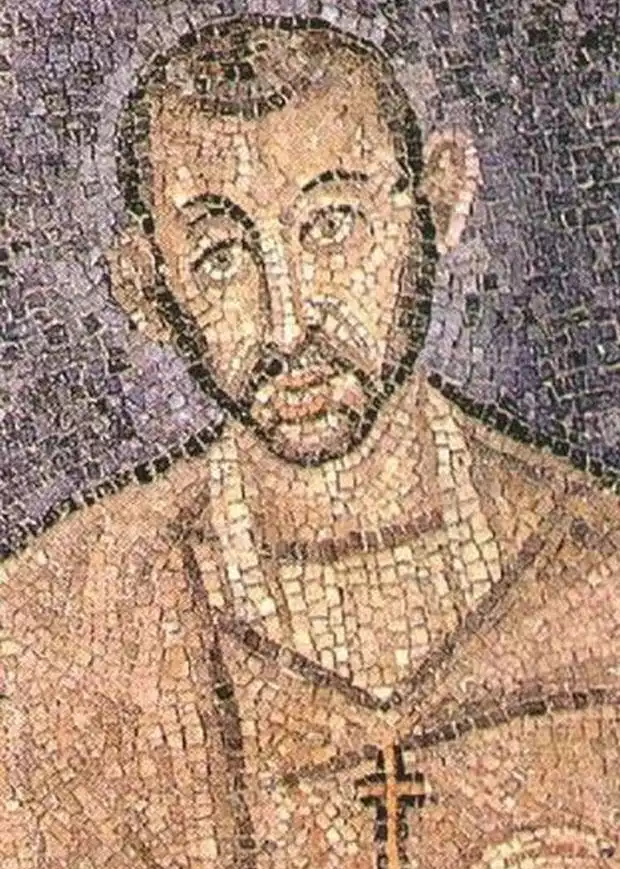
Ambrose of Milan, born around 340 AD and passing away in 397 AD, stands as one of the most influential figures in early Christian history. His life and works significantly shaped Christian theology, particularly in the Western Church. As Bishop of Milan, Ambrose was renowned for his eloquent preaching, his staunch stand against Arianism, and […]
Bible Study | An Insightful Overview
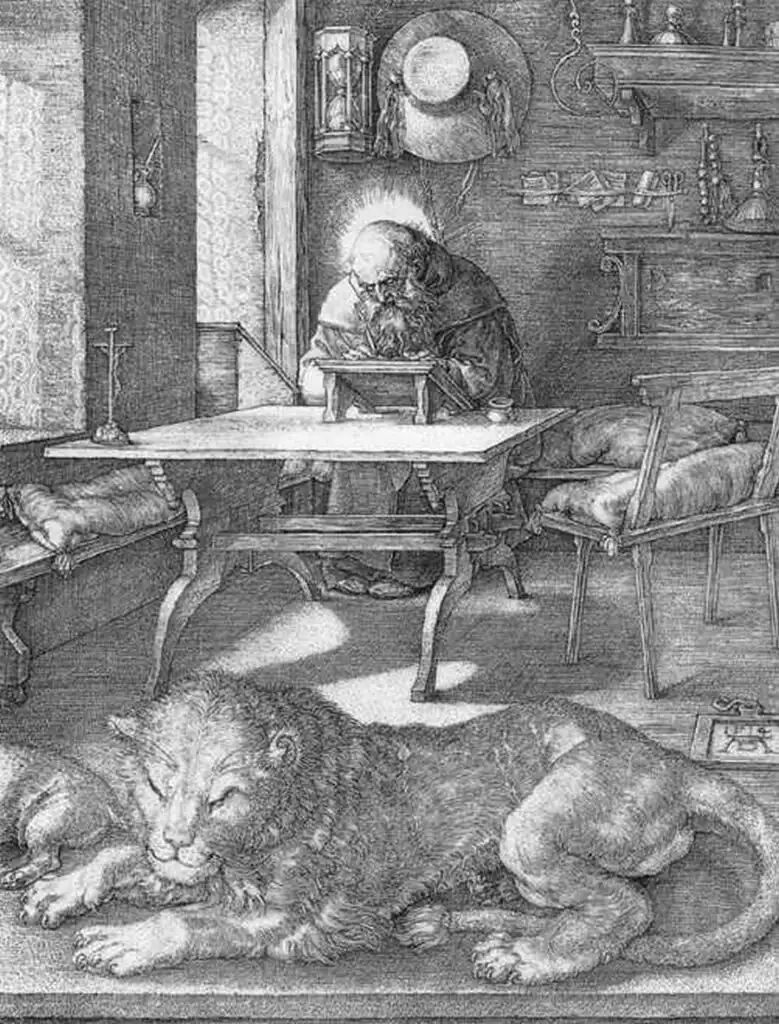
Bible study refers to the disciplined practice of examining the Bible, the sacred scripture in Christianity, with a goal to understand its teachings, history, context, and relevance. It encompasses various methods, including reading, meditation, analysis, and discussion, often within group settings or individually, and may involve guidance from religious leaders. This practice is essential for […]
Patriarchates: Definition and Historical Overview
A patriarchate, derived from the Greek words ‘patria’ (lineage or clan) and ‘archein’ (to rule), historically signifies a religious jurisdiction led by a patriarch. Originally, this term was confined to Christianity, particularly within the Eastern Orthodox, Oriental Orthodox, and certain Eastern Catholic Churches. In the early church, a patriarch was a respected bishop who exercised […]
Doxology: The Articulation of Divine Praise in Liturgical Practice
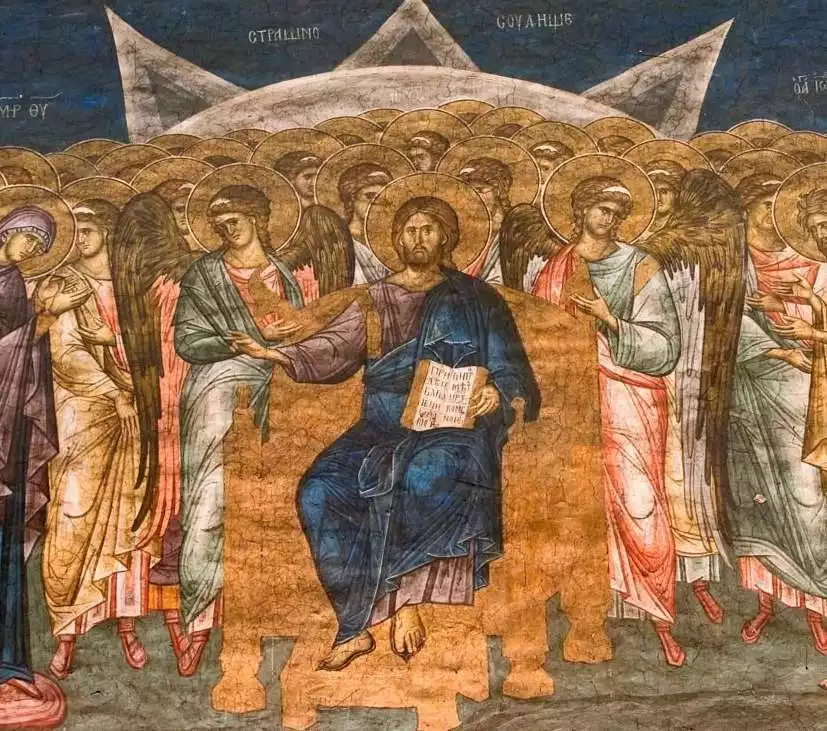
Origins and Historical Context Doxology, a term deeply embedded in Christian liturgical traditions, stands as a testament to the enduring nature of praise and worship. This liturgical formula, dedicated to exalting God, has traversed centuries, evolving yet retaining its core purpose: the glorification of the divine. The origins of doxology trace back to early Christian […]
Arius, Presbyter of Alexandria: Controversial Theologian
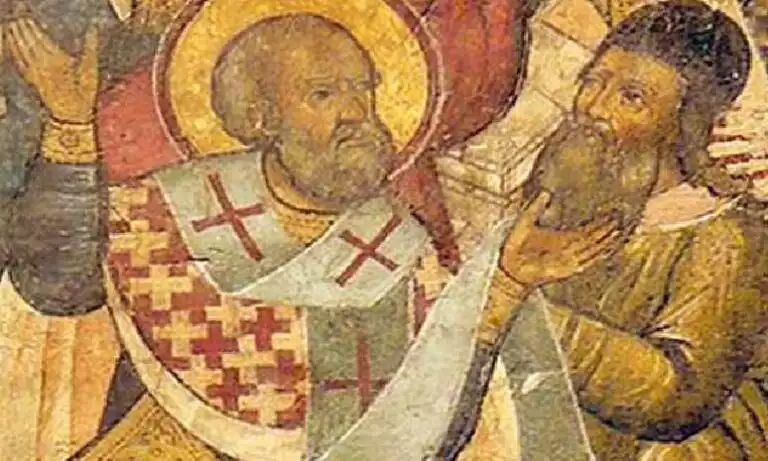
Arius (c. 256–336 AD), a presbyter of Alexandria, remains a figure of significant theological controversy. Known primarily for his role in the Arian controversy, his teachings challenged the mainstream understanding of the Trinity, sparking a pivotal debate in early Christianity. His doctrine, which posited that the Son of God was not eternal and therefore not […]
Heresy – Definition, History, and Religious Context
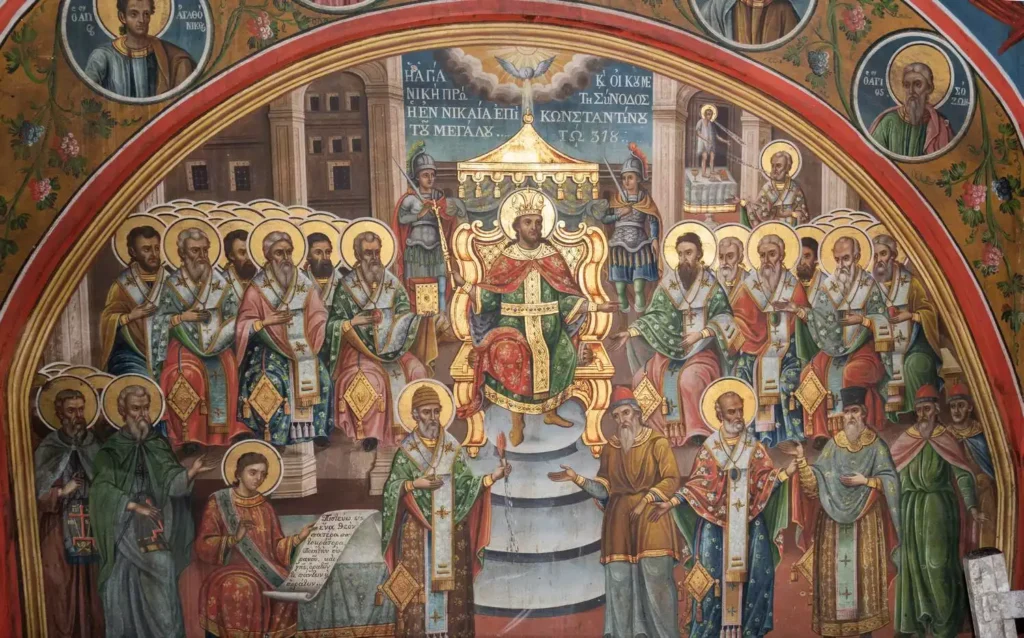
Heresy, a term rooted in religious discourse, signifies a deviation from established religious teachings, particularly within Christian contexts. Its historical emergence reflects the church’s evolving understanding of orthodoxy and the boundaries of acceptable belief. This concept, while not explicitly termed ‘heresy’ in the Bible, aligns with admonitions against false teachings found in New Testament texts […]
Telmaharensis, Dionysius | Syrian Jacobite Church’s Theological Luminary
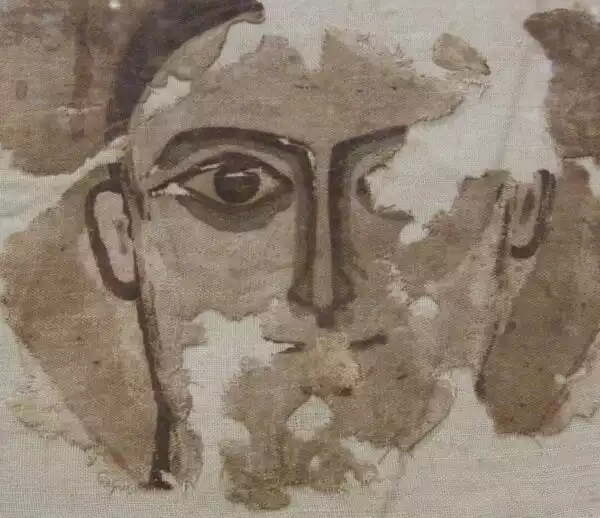
Dionysius Telmaharensis, a distinguished figure in the history of the Syrian Jacobite Church, is celebrated for his exceptional contributions to theology and liturgy. Born in the early 9th century and passing in 845 AD, Dionysius’ life and work left an indelible mark on the Christian ecclesiastical landscape. His erudition and spiritual depth have been pivotal […]
Benedict XVI, Pope
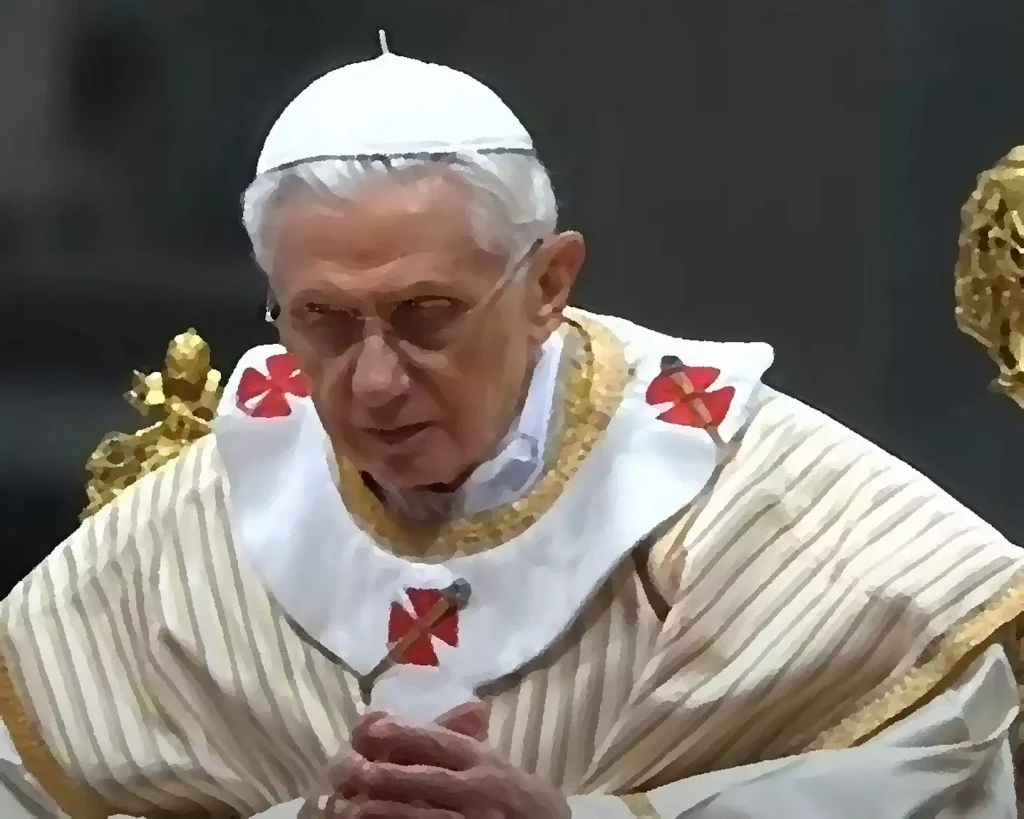
Pope Benedict XVI, born Joseph Aloisius Ratzinger on April 16, 1927, in Marktl, Bavaria, Germany, and passing away on December 31, 2022, served as the head of the Catholic Church and the sovereign of the Vatican City State from 2005 until his resignation in 2013. His papacy was marked by intellectual rigor and a steadfast […]
Zabarella Francesco, Cardinal
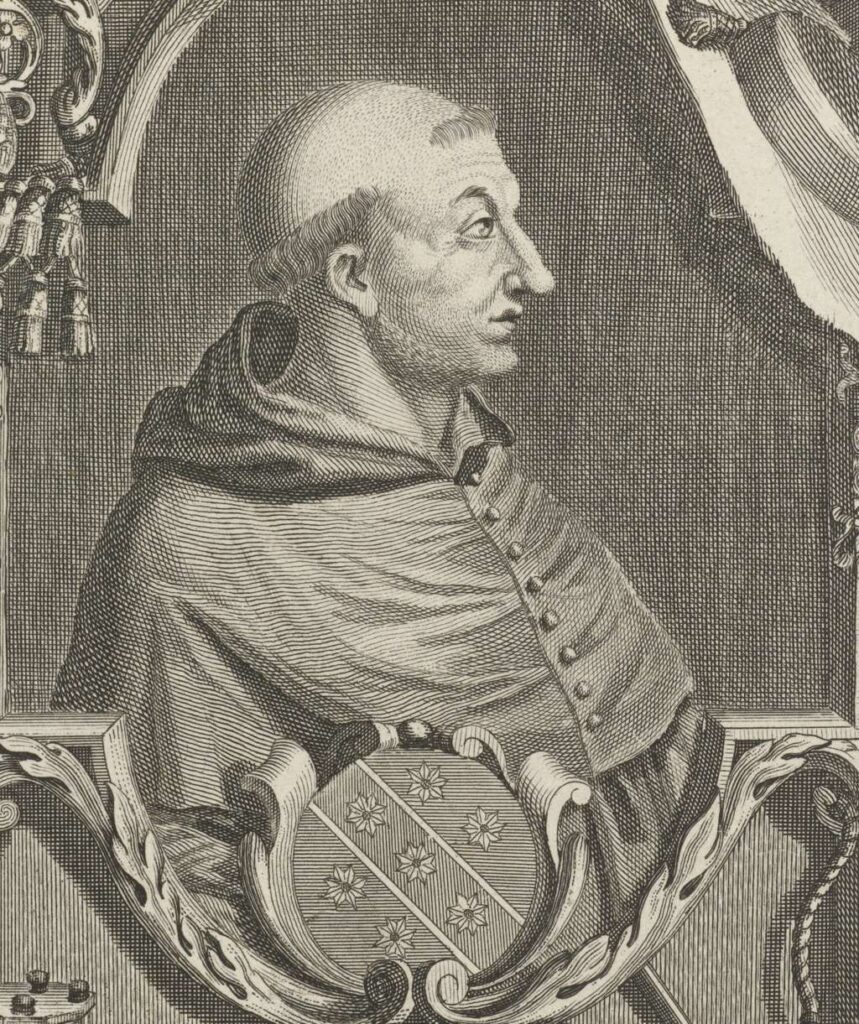
Francesco Zabarella, an eminent figure in the ecclesiastical and academic realms of the late Middle Ages, was born in 1360 in Padua and passed away in 1417. His life, marked by profound intellectual achievements and significant contributions to canon law, unfolds a narrative that mirrors the intricate and transformative period of the 14th and early […]
Urban II, Pope | The Initiator of the First Crusade
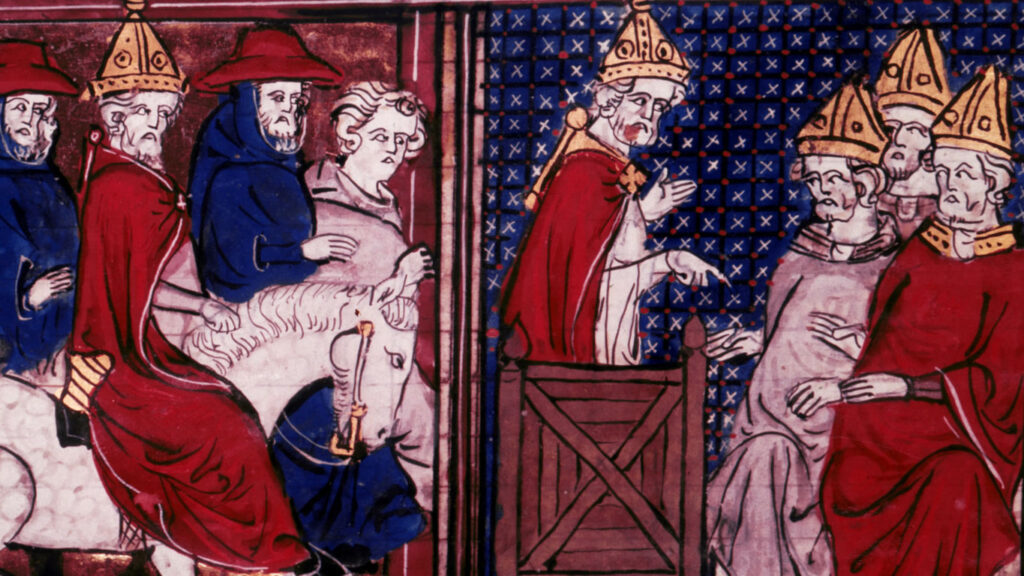
Pope Urban II, born Odo of Châtillon or Otho de Lagery (c. 1042 – 29 July 1099), served as the head of the Roman Catholic Church and ruler of the Papal States from 12 March 1088 until his death in 1099. Esteemed for his pivotal role in shaping medieval Europe’s religious and political landscape, Pope […]
